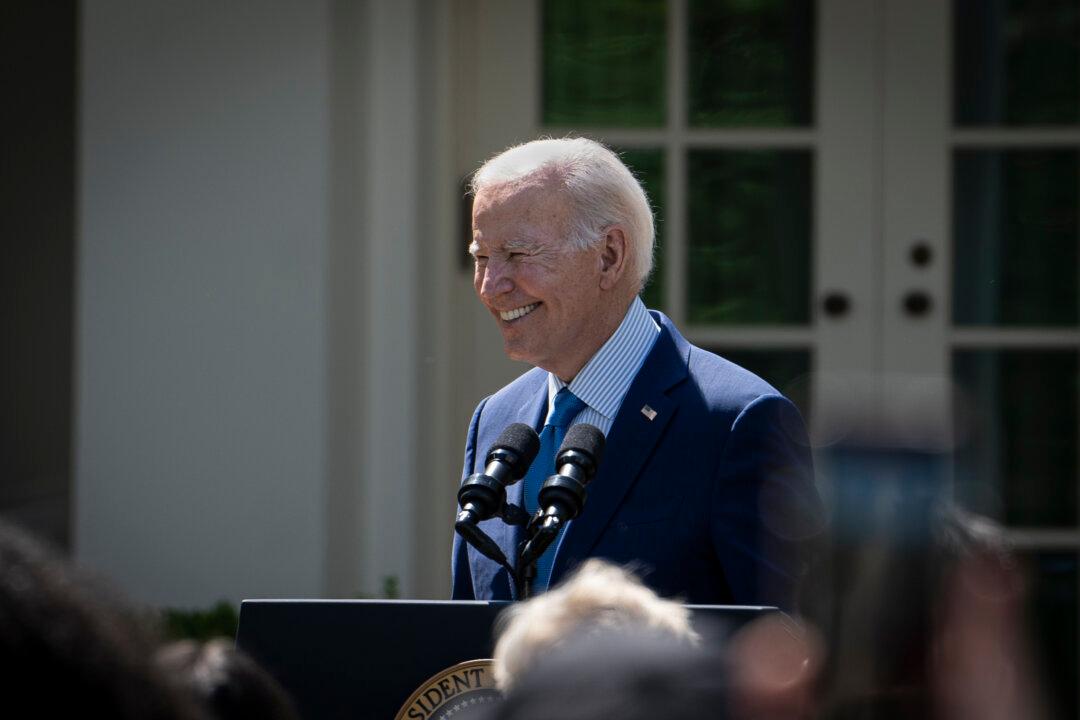President Joe Biden is set to veto a joint resolution targeting his solar panel rule, which temporarily protects some Chinese-made equipment from tariffs, according to the White House.
“This rule is necessary to satisfy the demand for reliable and clean energy while ensuring Commerce is able to rigorously enforce U.S. trade laws, hold trading partners accountable, and defend U.S. industries and workers from unfair trade actions,” an April 24 White House statement reads.





